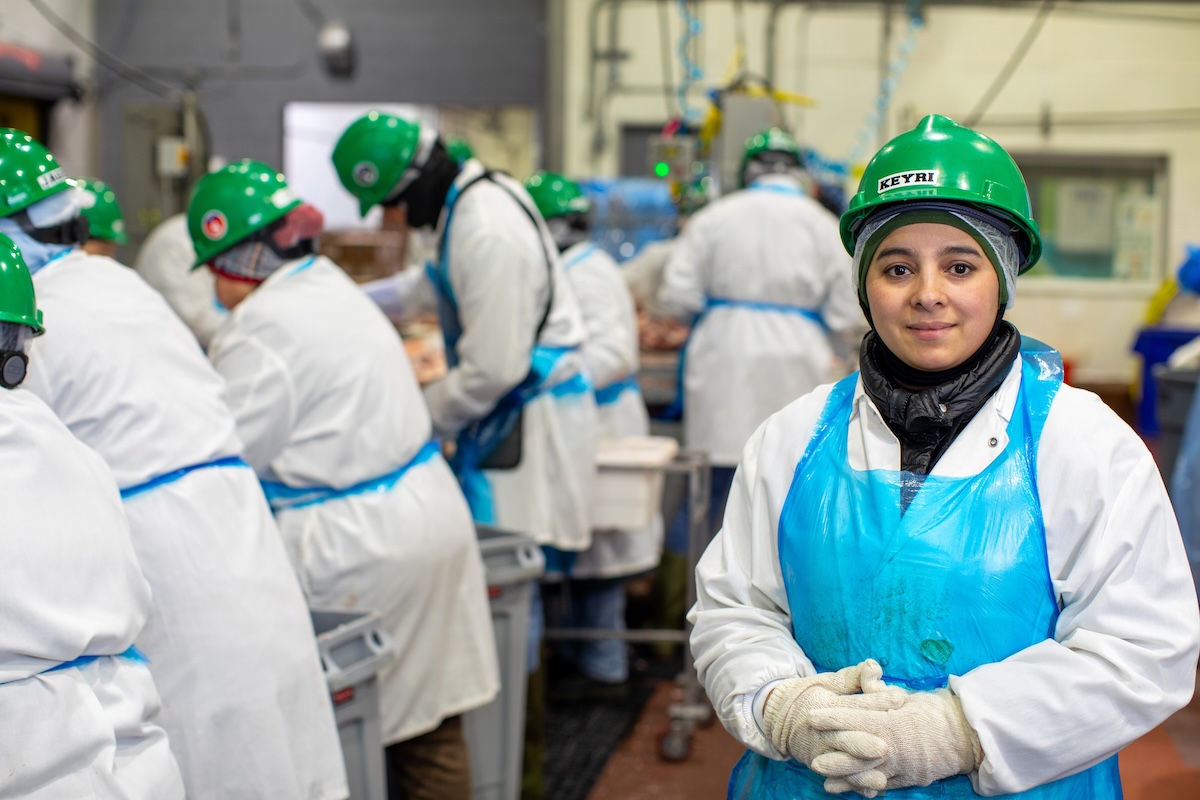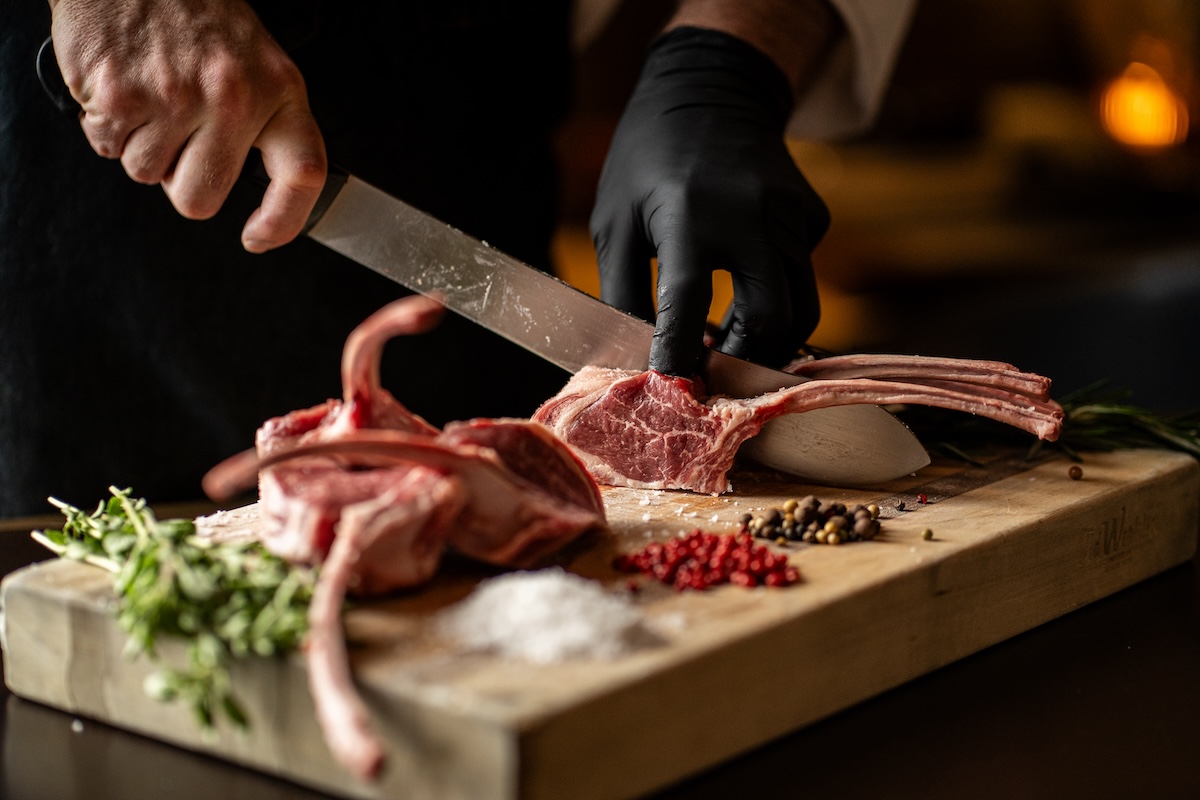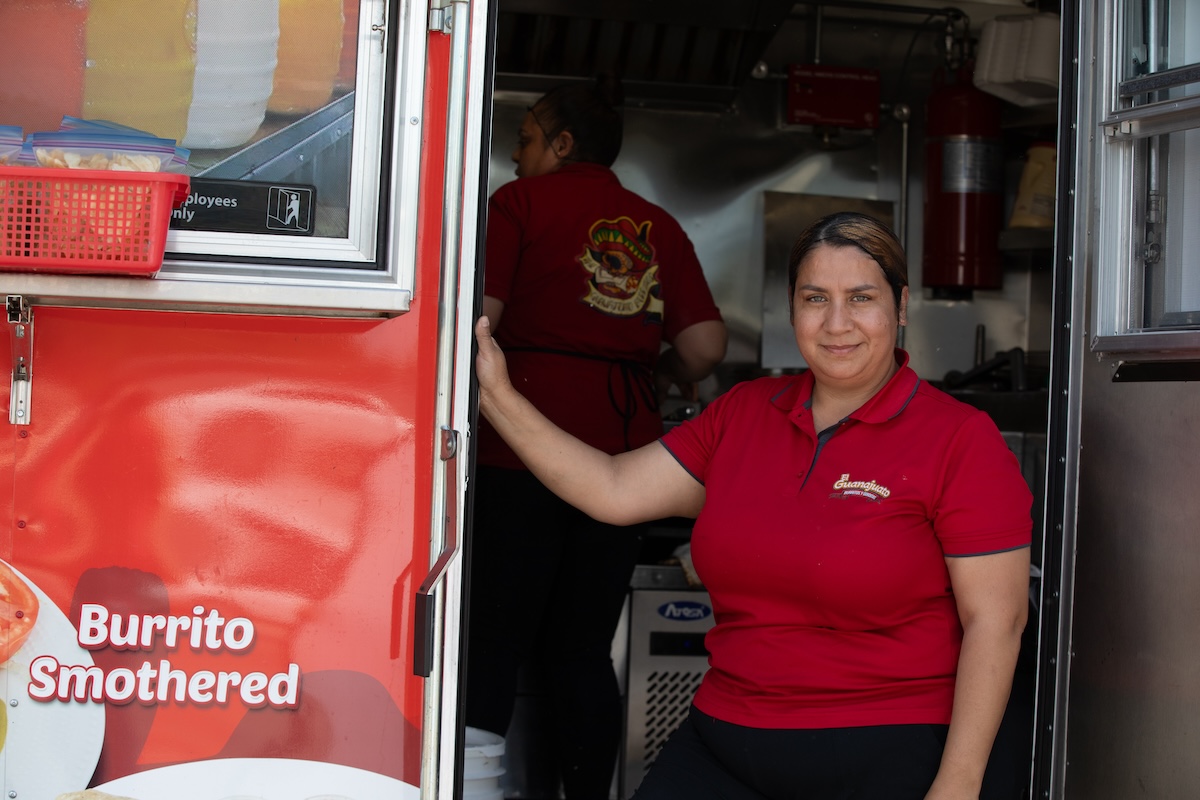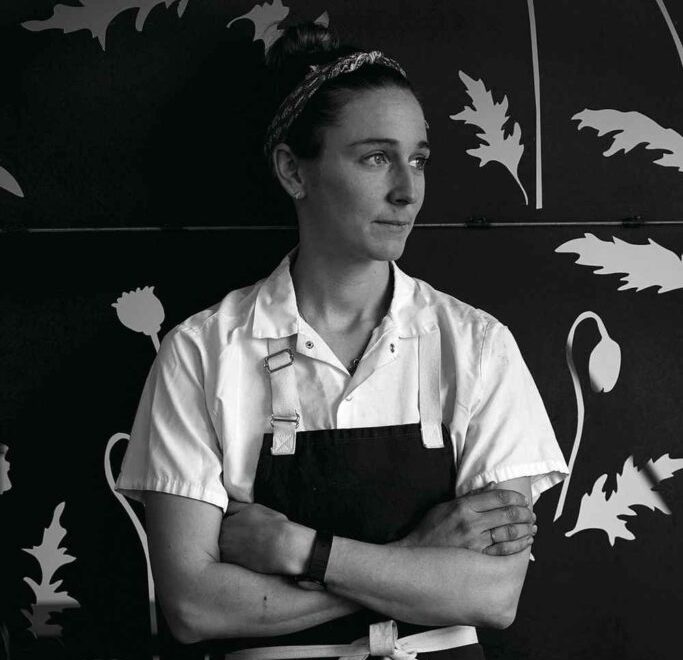There’s not a lot that tugs at the heartstrings quite like animal welfare, which is what the group behind Ordinance 309 is banking on. Denver voters now have to make a choice about the law, also known as the slaughterhouse ban.
If passed, Ordinance 309 would see that, beginning January 1, 2026, slaughterhouses would no longer be allowed to operate in the city of Denver. Currently, there’s only one, and many local restaurateurs, chefs, and supporters of close-to-home supply chains view the ban with suspicion.
“Ordinance 309 on-paper would ban slaughterhouses in the city of Denver,” said Manny Gidfar, a spokesperson for the No on 309 campaign, a coalition that includes 80 of the city’s restaurants. “In practice, it would single out a single business and force it to close.”

The Farm and Slaughterhouse
The business Gidfar is talking about is Superior Farms, a Globeville-based slaughterhouse that is responsible for the annual processing of hundreds of thousands of lambs per year The numbers are roughly 15- to 20-percent of US lamb harvest capacity, according to a study published by Colorado State University’s Regional Economic Development Institute.
This same study introduces three possible scenarios that could result from the closure, each suggesting large-scale ripple effects across local, national, and even international supply chains.
“Folks would have to ship lamb from other states and other countries,” continued Gidfar, noting that higher prices and more emissions would be sure consequences for the consumer.

These same feelings have been vocally echoed by Anette chef and owner Caroline Glover, who came onto the campaign under the title of “Lambassador.”
“Responsibly sourced, minimal travel, all these things will disappear if you take away the slaughterhouse,” said Glover, who is against Ordinance 309. “How far the animal has to travel affects the stress of the animal which affects the product.”
Ordinance 309 On the Ballot
Pro-Animal Future, the collective of voters, volunteers, and donors behind measure 309, sees things a bit differently. They promote the closure as a stepping stone towards a more humane and sustainable food system built around the fair and compassionate treatment of animals.
“When you see a slaughterhouse on the ballot you automatically assume the worst and you don’t think about their role in the community, and their role is a big one,” said Glover. “A local slaughterhouse is an essential component of local agriculture.”

“I think the bill is banking on ignorance about agriculture as an industry,” added Gidfar, noting that the factory is Halal certified, one of the only in the state.
The People Behind the Lamb Processing Center
One of the biggest concerns surrounding the closure is the 160 workers, largely Hispanic and Latino employees, who would lose their jobs. Not only that, but Superior Farms is employee-owned, which means not only are the jobs gone, but the business the workers have been developing for decades.
“I was struck by how talented and specialized the workers were,” said Gidfar after one of his many visits to the plant. “Workers have been put in the middle of a political fight over jobs.”
Pablo Aya, executive chef and senior leadership for the Hispanic Restaurant Association, thinks similarly.
“It’s not just a moral issue at the end of day, gentrification has come to corporations,” said Aya, who grew up around food, adding that his mom used to sell 2.5 million chicken eggs annually in Colombia. “My stroller was walked around an egg warehouse when I was a kid.”

Glover sees restaurants as being part of the front line in a close-knit chain. She said disruptions to the chain can have catastrophic consequences across many communities.
“The pandemic showed us just how many people depend on us being open,” she said. “I don’t know if eliminating Superior Farms would cause restaurant closures, but I do think it would make us source in a way that is not in alignment with our values.”
She continued, “People sometimes say ‘stay in your lane,” but I think there’s nothing non-political about food.”
Voting day is Tuesday, November 5. If you live in Denver County, make sure to check out the nuances of Ordinance 309 before you vote.
